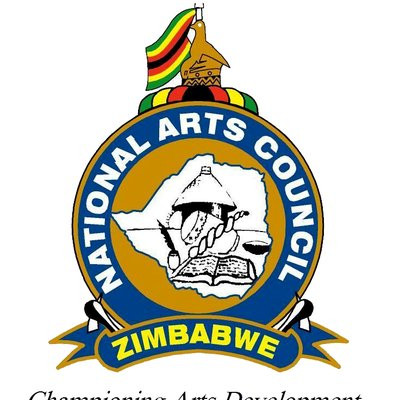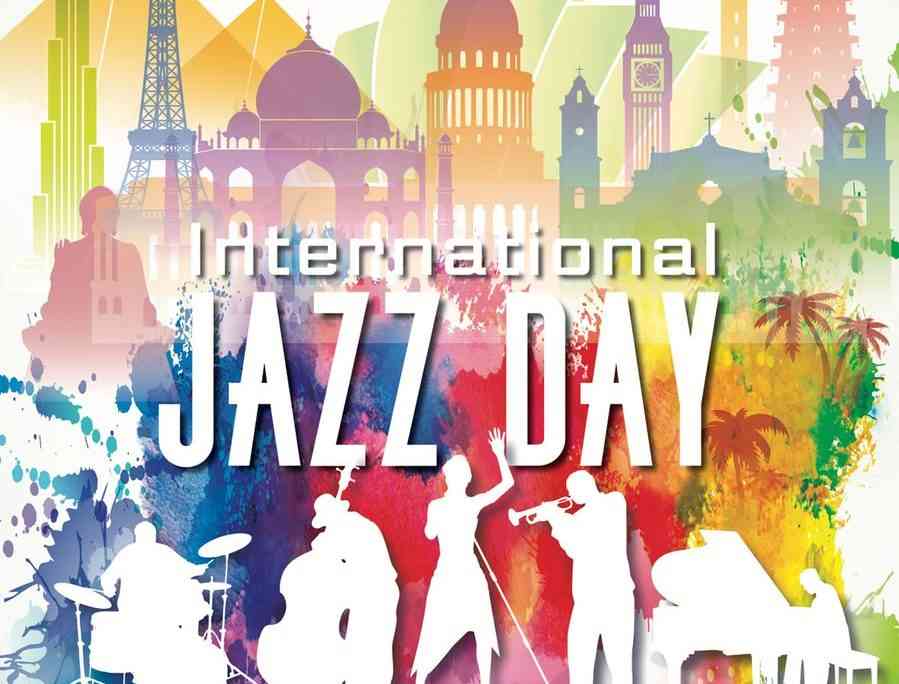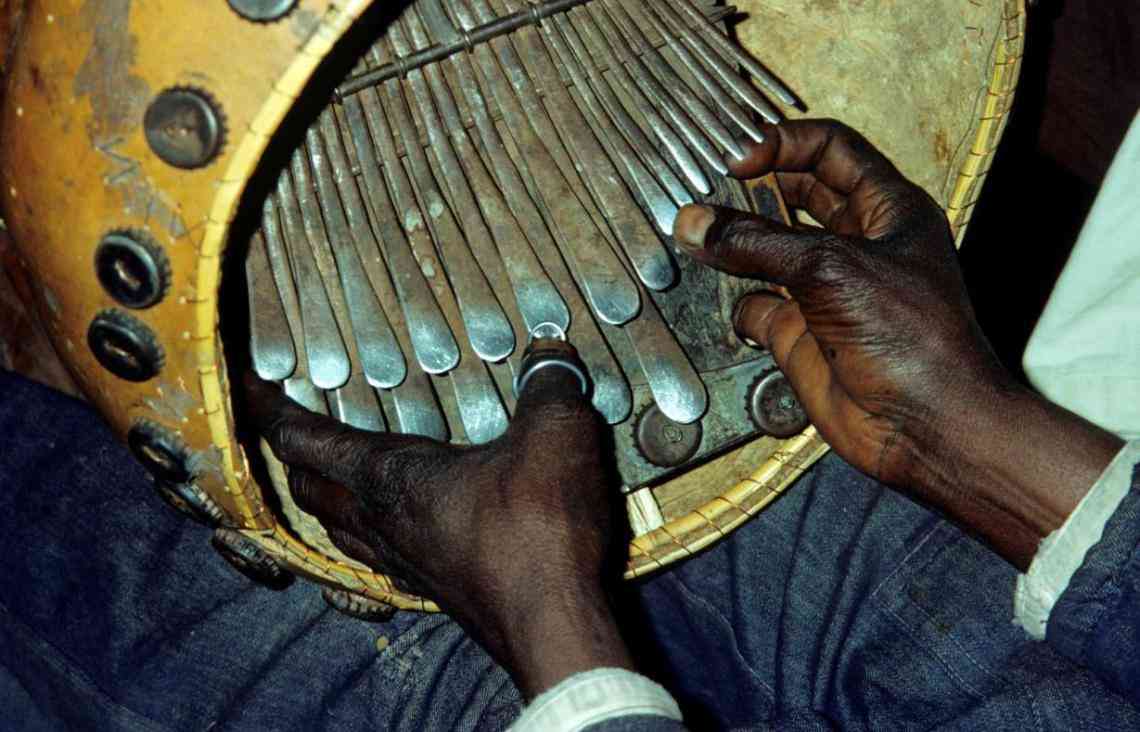
OCTOBER comes with it a number of significant dates and drives that bless the calendar. It can be the surety of the coming of summer rains or the various cancer awareness campaigns. This year, the blessing of the falling star falls on Domboshava, thanks to a book drive initiated by Rotaract Club.
By Beniah Munengwa
Zimbabwe boasts of a high and competent literacy rate, but that does not imply all is colourful when it comes to book accessibility and availability. Many communities go through life without access to literature. Only communities built before the dawn of the millennium boast of libraries and community centres, but these too appear to be bankrupt in terms of updated literature and reading material.
These gaps, even against the backdrop of the migration of people from the traditional and physical to virtual libraries, are still better when filled than when neglected. It is with this opinion in mind that initiatives like this Book Drive are born. Kuda Manjonjo, one of the founding members of the Book Drive initiative, hinted that the primary intent is “to set up a reading club at Parirerwa Primary School in Domboshava”. He said the focus is “that once the initiative gets at least 500 books, the reading club at Parirerwa Primary School commences.” My first experience with Rotaract Club: Harare Dawn was at the 2015 edition of the Harare Literature Festival. At that point, I assumed their project was a temporary one. They, however, took my number so that they could contact me, which they never did and it added to my somewhat negative perception of them. But several years later, I bumped into their initiative and I assumed that they had lost the piece of paper on which my contact number was. They are actually a serious stakeholder whose intention is to leave a mark on the book landscape in Zimbabwe.
Given that as part of the long-term plan of their project, they intend to set up a storage container or build a library within a budget estimated at $ 10 000, I redefined my view of them and felt obliged to share their intentions to those who love all things books.
So this is a deep call crying out for attention both from individuals and the corporate world. It is not every time that Zimbabwe should wait for donor funding from beyond the borders, when it has rich men and women who, however, have given a deaf ear to the needs of their land of origin.
I bet this amount of money is just, but change money for many of the country’s wealthier citizens. This call should also reach Members of Parliament, particularly those who don’t know what to do with the Community Development Fund (CDF).
The idea of having storage tanks as alternative shelter for theatre spaces, libraries and for other purposes is not new to Zimbabwe. Theatre in the Park is one such living example of successful innovation and appropriate use of sustainable models that involves recycling as well as reduced modes of construction.
- Chamisa under fire over US$120K donation
- Mavhunga puts DeMbare into Chibuku quarterfinals
- Pension funds bet on Cabora Bassa oilfields
- Councils defy govt fire tender directive
Keep Reading
This Parirerwa Primary School project can play template to all districts around and beyond Zimbabwe for it brings education to within everyone’s reach. In more ways than one, projects like these help teenagers develop into responsible adults. There will be lesser chances of them growing into irresponsible people.
While Dambudzo Marechera and others might be tangible cases of people whose pathways degenerated when they were following the book path, books have a long and concrete track record of helping in the process of shaping bright paths for society, especially in a time when everyone is too busy going about their business, thereby assuming the roles that once belonged to aunts, mentors and uncles in the African culture set up.
The project, which started on October 1, will run until October 31, 2018. But in my view, such initiatives should be allotted a lot more time than just a month.
In fact, they must become part of our culture because with reading comes informed and enlightened leaders. Who knows when and how Zimbabwe might get redeemed?
Give them knowledge and you will have empowered them so that they can be our leaders tomorrow. To join the cause, contact Kuda Manjonjo on 0771536451 and get a part of Domboshava reading.











